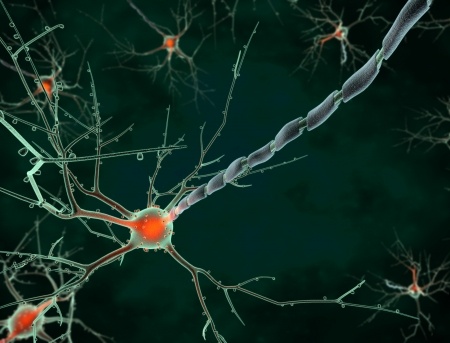3 min read
Personal Leadership Development Plan: Helping Teams Under Stress
IS YOUR TEAM UNDER STRESS?
The following is another lesson from my coaching play book about a leader whose team was...

Why do I care about neuroscience? Frankly, I didn't used to have an interest. I don't consider myself a science person. Yet, the more I learn how we can train our brain, the more effective I have experienced I can be at my work.
And that was reason enough for me to dig little deeper into brain science and in 2016 completed a certificate in the foundations of neuroleadership through the Neuroleadership Institute.
As an Executive Coach I help leaders to perform at optimum levels in a business climate that is ever more challenging day by day. David Rock says in Your Brain at Work, "with a good understanding of your brain readily accessible, it will be easier to live a life that is "challenged but able so use your brain to master those challenges; stretched but able to grow as a result and achieve great things."
I believe that the work of an Executive Coach is to facilitate a brain-changing process with people, even if that is not what they call it or have signed up for. By virtue of weekly meetings, homework assignments, tools that generate self awareness, conversations that elicit insights, plans, ideas, etc., a leader engaged in coaching is reworking their old patterns in place of new and more effective ones.
As Rock says, "the more attention you pay to these concepts (brain management), the more of your brain they will take up, and thus the easier it will be to remember these ideas when you need them most"
Interestingly, most clients I work with don't have a clue about how their brain works, as I didn't, so clearly there is a lot of opportunity to teach and coach brain-based leadership practices.
Naysayers may say neuroscience is too removed from the business world to behoove busy leaders to take time to learn about their brain. However, I believe neuroscience and leadership is the new frontier. I hope this has sparked you to think differently, and inspired you to learn how your brain drives your performance and well being. And as brain researcher Dr. Evan Gordon says, "Know your Brain. Train Your Brain."
For example, what if you knew how you could focus your attention with greater ease despite the bombardment of information you face every day? And that by learning new ways to regulate your emotions could change the way you navigate with people during high pressure situations, reduce your stress and increase the chance of a win-win outcome?
And given the rate of change that executives face these days, just how much more powerful can you lead if you knew ways you can activate the natural ways people are drawn toward a change vs. pulled into a spiral of negativity?
What are ways you see how learning about Neuroscience could change the way you lead? Tell us below!
Nov 4, 2021by Diane Ring
IS YOUR TEAM UNDER STRESS?
The following is another lesson from my coaching play book about a leader whose team was...
Nov 3, 2021by Diane Ring
There is nothing like a sudden change of executive leadership to trigger all kinds of personality dynamics in a team....
Nov 2, 2021by Diane Ring
More than 70% of executives are not effective at supporting new-to-role peers and managers according the Corporate...